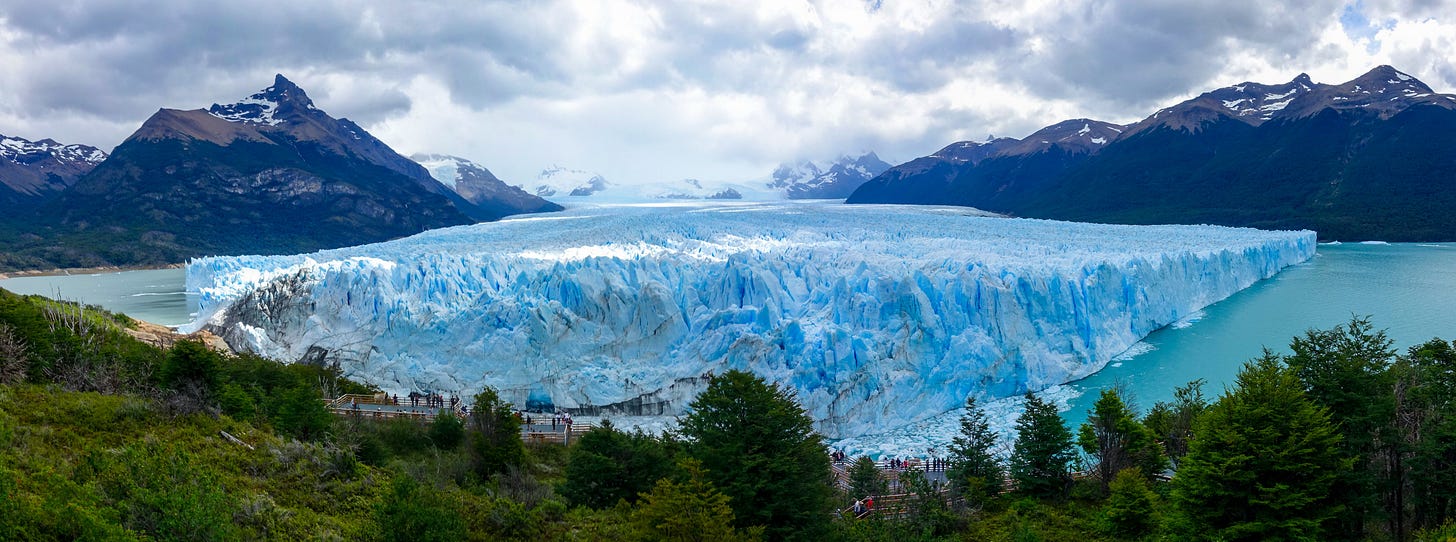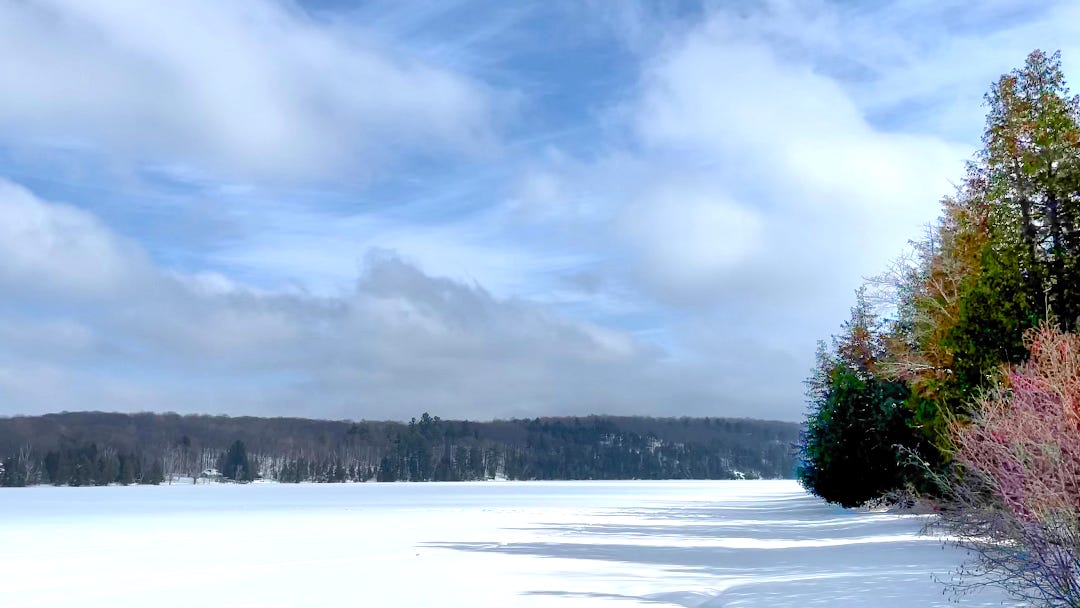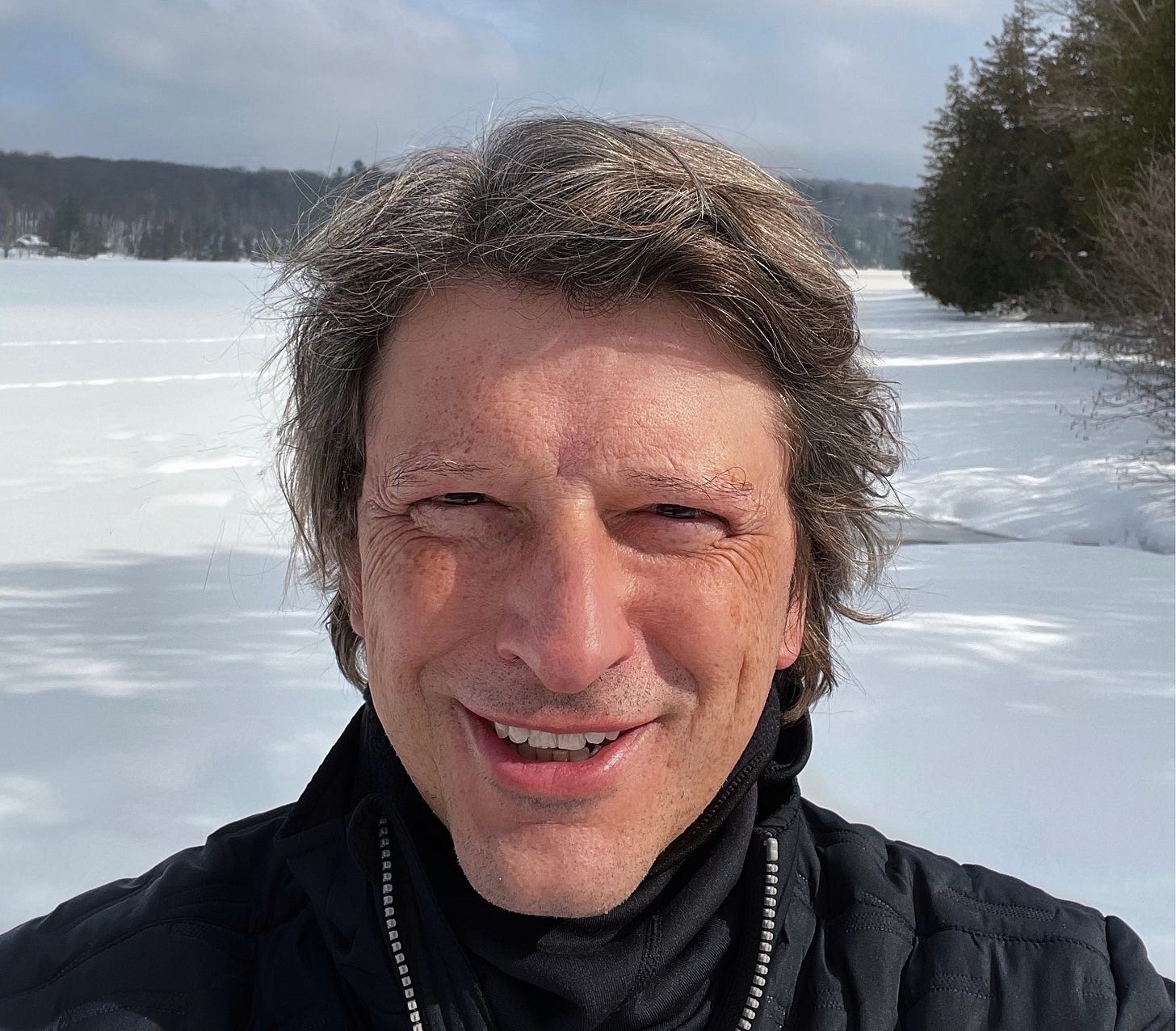Why risk the collapse of everything that gives us our security?
Sir David Attenborough on climate change and the loss of nature.
Climate change is the biggest threat to security
"If we continue on our current path, we will face the collapse of everything that gives us our security; food production, access to fresh water, habitable ambient temperature, and ocean food chains. And if the natural world can no longer support the most basic of our needs, then much of the rest of civilization will quickly break down. Please make no mistake. Climate change is the biggest threat to security that modern humans have ever faced."
Sir David Attenborough issued a sobering warning to the Heads of State and Government and other senior political leaders that participated in the Security Council meeting of Tuesday 23 February this year.
If you are new to this series, I use the last 52 days of the year to look at events in each of this year's 52 weeks. We have arrived in Week 8 and are now in New York. The new U.S. government had just rejoined the Paris Agreement, and there was renewed optimism that COP26 in November might succeed in bringing all countries on board to tackle climate change with the ambition that we all briefly felt in late 2015. All countries had then agreed to keep the global temperature rise well below 2, and preferable to 1.5 degrees Celsius.
After his stark warning, Sir David had four messages for the members of the UN Security Council.
1. We must help the most vulnerable people.
"There is no going back. No matter what we do now. It's too late to avoid climate change. And the poorest and most vulnerable, those with the least security, are now certain to suffer. Our duty right now is surely to do all we can to help those in the most immediate danger."
2. Fast climate action could lead to a new stable state.
"I think there are grounds for hope. While it's true, we could never go back to the stable, benign climate that enabled us to flourish for the past 10,000 years." But, referring to COP26, he said, "I do believe that if we act fast enough, we can reach a new stable state."
3. We have the technology and the public support
"But we already have many of the technologies needed, at least for the initial changes. And perhaps crucially, we also have a level of public support and demand for action that I have myself never seen before."
4. Lessons of the pandemic for climate action and the need for new models.
Sir David Attenborough ends his talk by using the lessons learned from the pandemic for a vision of unparalleled levels of global cooperation. He completed his address with these words:
"Perhaps the most significant lesson brought by these last 12 months has been that we are no longer separate nations, each best served by looking after its own needs and security. We are a single truly global species whose greatest threats are shared and whose security must ultimately come from acting together in the interests of us all.
Climate change is a threat to global security that can only be dealt with by unparalleled levels of global cooperation. It will compel us to question our economic models and where we place value, invent entirely new industries, recognize the moral responsibility that wealthy nations have to the rest of the world, and put a value on nature that goes far beyond money.
And through global cooperation, we may achieve far more than tackling climate change. We may finally create a stable, healthy world where resources are equally shared and where we thrive in balance with the rest of the natural world. We may, for the first time in the entire history of humanity, come to know what it feels like to be secure."
The structure of my articles in these last 52 days of the year may change from day to day. If you expected some photos now of my week 8, you have to wait a bit. I still have three news items to share that I came across today. They are entirely unrelated to Attenborough's talk, nor is there a link to Week 8, and there is also no logic in presenting these three items together. But since I remember all three at the end of the day, they may impress you as much as they impressed me. So if you are in a hurry for some photos, skip this part.
Obituary
First, I read a fascinating obituary in the New York Times this morning about Professor Justus Rosenberg, who died at 100. As a teenager, he helped provide safe passage to artists and intellectuals out of Vichy France. He went on to teach literature at Bard College for six decades. You can read the article here.
Amazing nature: Komodo dragons
Second, I saw this 46-second video at Reuters. It's a time-lapse video that shows Komodo dragons, the largest living lizards in the world, hatch in a U.S. zoo. If you have never before seen Komodos hatch, this is your chance.
Alexandria Ocasio-Cortez
Third, I saw at C-SPAN the full remarks by Representative Alexandria Ocasio-Cortez during the U.S. House Debate on Resolution to Censure Rep. Paul Gosar. If you missed it, you could still see it here:
Meanwhile, at Lake Meech, Quebec
Finally, let's go to my Week 8. Again, I dived into my photos and found these for you. I went snowshoeing that weekend near Lake Meech on a cold but beautiful day with a fresh layer of snow.
Okay, one more. I added a rare selfie just because I couldn't find one of Luna.







There is so much that this post brings up. A plus of the pandemic worldwide shut down was how people were marveling how clear the air became with no driving, no flying, no smoke from factories. The air here in LA hadn’t been so clear in years. Aerial shots showed full city skylines. The people who live at the base of the Himalayans were shocked to see how tall they truly are. There are gifts that covid has brought to humanity.
Thank you Alexander for scenic photos, videos, article recaps with heads up for tomorrow.
The weekly countdown highlights how precious time is . . . Your selfie frozen in the Canadian winter, one of a kind (-: